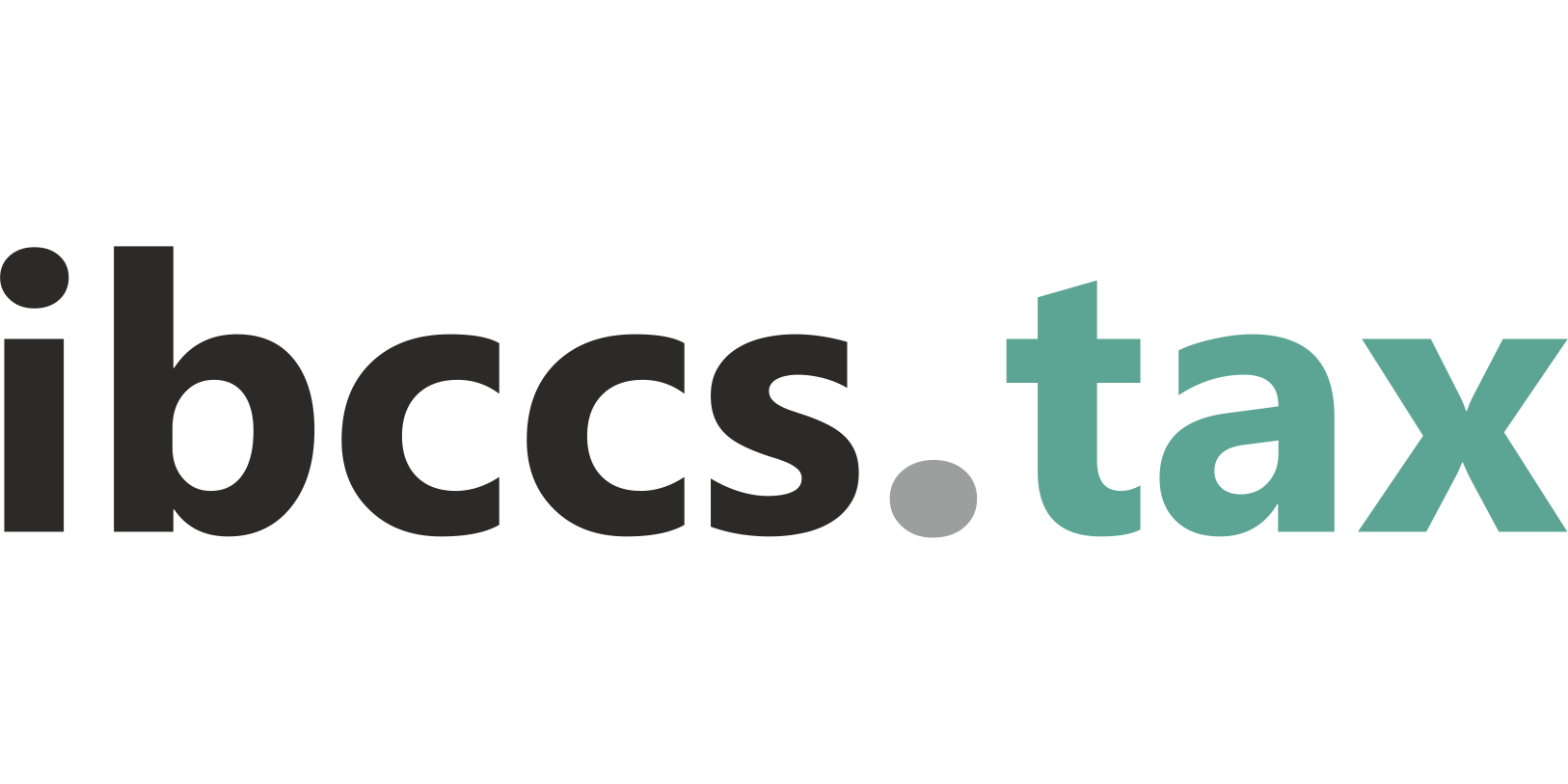New VAT Rules for cross-border e-Commerce take effect 1 July 2021.
The new rules introduce certain provisions for persons facilitating supplies of goods or services using an electronic interface such as a marketplace, platform, portal or similar means.
Cross-border sales of goods and services.
New rules extend the scope of the Mini One Stop Shop to a One-Stop-Shop (OSS) scheme that covers all B2C services as well intra-Community distance sales of goods, with effect from 1 July 2021. There will also be an Import One Stop Shop Scheme (I-OSS) with respect to distance sales of goods imported from outside the EU including special arrangement for logistics companies’ and persons facilitating supplies of goods or services using an electronic interface such as a marketplace, platform, portal or similar means.
Intra-Community Distance sale of goods
As a result intra-Community distance sales provided by non-EU operators will be subject to the VAT rules of the EU Member State (MS) where the transport ends. For EU operators, a €10,000 threshold will apply to B2C operators established in the EU. When operators exceed this, the intra-Community distance sale will be deemed taking place in the MS where the transport of the goods ends. To ease the compliance burden, both EU and non-EU operators may opt through the OSS regime to remit VAT due in other MSs through one VAT return – the OSS Return.
OSS also applicable to B2C services taking place in a MS other than the MS where the supplier is established
Businesses registered for VAT in multiple jurisdictions will no longer be required to retain these multiple VAT registrations and instead can opt for the OSS regime. Businesses likely to be impacted are those hiring transport/logistics, supplying transport/logistics, and the supply of services connected with immovable property.
Distance sale of goods imported from outside the EU
The description of distance sales will be expanded to cover B2C sale of goods transported from outside the EU made by EU or non-EU operators. Currently, an exemption applies to a consignment value of up to €22. As a result of the changes the small-value consignment VAT exemption will be abolished and instead the following rules will apply:
- The Import One Stop Shop (I-OSS) scheme
Operators engaged in the distance sale of imported goods with intrinsic consignment value of not more than €150 will be able to register under the Import One-Stop-Shop (I-OSS) Scheme. They also have the option to appoint an intermediary to register under the I-OSS on their behalf. As long as the I-OSS scheme can be opted for, VAT will be charged by the operator (or the intermediary appointed by the operator) at the point of sale and no VAT will be charged by Customs at the point of importation. The operator or intermediary will remit the VAT collected to the Member State of importation together with the I-OSS Return.
- Special arrangement for importation of goods with intrinsic value of not more than €150
Where the I-OSS is not available, import VAT on distance sales of goods from outside the EU may be collected by the customs declarant including postal operators, courier firms and customs agents. The use of postal operators and courier firms is likely to facilitate the import process and the collection of import VAT.
In addition to the I-OSS, simplified place of supply rules have been introduced in case of distance sale of goods imported from outside the EU into a MS which is not the MS where the sale to the end customer is made.
- The role of digital platforms and online marketplaces as facilitators of distance sales
Businesses operating electronic interfaces such as marketplaces or platforms will, more likely, be deemed for VAT purposes to be acquiring and onward supplying goods to customers in the EU themselves. Thus such facilitators will have the obligation to account for VAT on such sales notwithstanding the fact that they are mere facilitators but the can also opt for the OSS or I-OSS.
IBCCS TAX Reflections
The changes will not only effect businesses engaged in B2C supplies of goods but will have significant ripple effects on ancillary businesses including logistics companies and online marketeers acting as facilitators. It is essential for the affected business to consider the changes and ensure that they determine a solution that fits.
We are here to help
We can help you consider all the implications and determine the correct choice for your business, as well as undertake the necessary applications on your company’s behalf.


